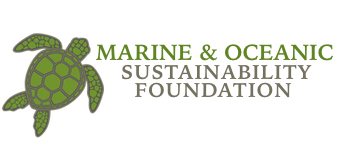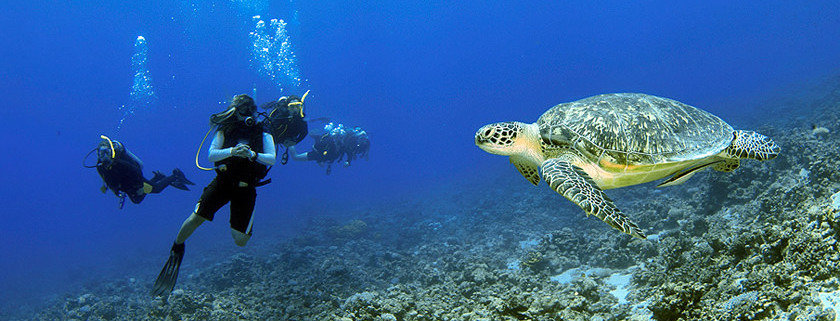Seeing Positive Impacts First Hand
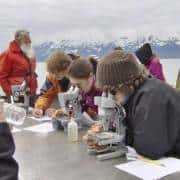 The Marine & Oceanic Sustainability Foundation (MOSF) is raising funds to acquire its first ocean-going research vessel. The acquisition of this vessel is a critical step in the success of MOSF, enabling the movement of our staff of educators, researchers, scientists, journalists, and videographers. This new vessel will allow MOSF and its guests to visit both remote and developed coastal areas worldwide.
The Marine & Oceanic Sustainability Foundation (MOSF) is raising funds to acquire its first ocean-going research vessel. The acquisition of this vessel is a critical step in the success of MOSF, enabling the movement of our staff of educators, researchers, scientists, journalists, and videographers. This new vessel will allow MOSF and its guests to visit both remote and developed coastal areas worldwide.
An important element of our education mission is a program in which we will sponsor K-12 teachers and college-level marine science students to join us on expeditions. By getting out in the field, our guests will expand their understanding of marine habitats and conservation work going on throughout the world. Our goal is to give teachers and future marine scientists hands-on experience that they can take back to their students and colleagues at home.
By traveling and working with locals across the globe, MOSF can dig deeper into what is working, and what isn’t, in their marine communities.
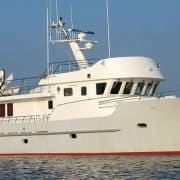 MOSF is committed to working with local teachers, students, and community groups. Through outreach programs like this, people will gain a better understanding of how they are affecting their marine habitats and how they can get involved to assure their long-term health and sustainability.
MOSF is committed to working with local teachers, students, and community groups. Through outreach programs like this, people will gain a better understanding of how they are affecting their marine habitats and how they can get involved to assure their long-term health and sustainability.
In our search for a vessel, we are focusing on safety, functionality, fuel and environmental efficiency, and range. The vessel will ideally be between 65 to 85 feet in length and able to accommodate 6 to 15 full-time crew. A range of 3,000 to 6,000 nautical miles is desired along with the ability to reach remote locations under its own power.
It is very important to consider the safety of crew members both in transit and upon arrival at any port of harbor. 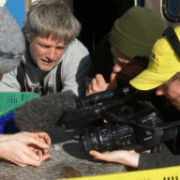 Functionality of the areas aboard the vessels for research, living, gear, and diving are paramount. In order minimize costs and impact to the environment, we are carefully considering fuel efficiency and the ability to minimize waste. While no vessel can meet 100% of any need defined, it is important to find vessels that meet as many criteria as possible.
Functionality of the areas aboard the vessels for research, living, gear, and diving are paramount. In order minimize costs and impact to the environment, we are carefully considering fuel efficiency and the ability to minimize waste. While no vessel can meet 100% of any need defined, it is important to find vessels that meet as many criteria as possible.
Getting out and meeting with individuals, organizations, and businesses that are engaged in successful marine conservation projects is a fundamental goal. A second is providing educational outreach programs and working with teachers and students globally to share the wonders of our oceans and inspire future generations to be good stewards of our oceans. We sincerely hope that this vessel will be the first of many that we will bring into our organization.
